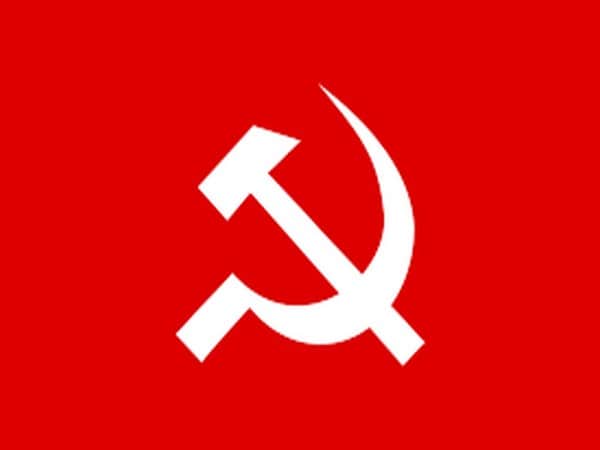New Delhi: The Communist Party of India-Marxist on Friday raised a demand in the Lok Sabha to immediately pass the long-pending Women’s Reservation Bill and also staged a protest outside Parliament over the issue.
The demand raised by the CPI-M’s P.K. Sreemathi Teacher during Zero Hour got support from parties including the Biju Janata Dal (BJD), the Telangana Rashtra Samithi (TRS) and others.
“Women’s presence in Lok Sabha remains 11.7 percent and 11.4 percent in Rajya Sabha. The state Assemblies display a similar gender imbalance. As Speaker, you have also spoken in defense of the Bill, including women’s rights to minimum representation in the highest decision making bodies,” Teacher said.
“We make an appeal for a bill on this issue that has been pending since over 20-25 years. I request the Prime Minister and other ministers to pass the bill immediately,” she added.
BJD’s Bhratruhari Mahtab supported the demand.
“Our Chief Minister (Naveen Patnaik) has written letters to the presidents of 27 political parties and the chief ministers seeking their support for the passage of the Women’s Reservation Bill. I support what Teacher has said and request you to find time to have the discussion in this session,” he said.
Patnaik had also urged Prime Minister Narendra Modi to initiate steps to pass the Bill.
A.P. Jithender Reddy of the TRS supported it and demanded that the Bill be passed at the earliest.
Before the House met in the morning, the CPI-M members also protested in the Parliament house complex near Mahatma Gandhi’s statue in support of the Bill.
Congress chief Rahul Gandhi has also written to the chief ministers of the states where the party is in power or in a coalition to have a resolution passed in their respective Assemblies, seeking one-third reservation for women in the Lok Sabha and the state legislative assemblies.
The Constitution (108th Amendment) Bill, commonly known as the Women’s Reservation Bill, was introduced in the Parliament in May 2008 by the United Progressive Alliance (UPA) government.
The Bill was passed in the Rajya Sabha in 2010 but lapsed after the dissolution of the 15th Lok Sabha in 2014.
The Bill seeks to reserve one-third of all seats for women in the Lok Sabha and State Legislative Assemblies.
It also provides that one-third of the total number of seats reserved for Scheduled Castes and Scheduled Tribes shall be reserved for women of those groups.
Similar bills have been introduced thrice before in the late 1990s but lapsed with the dissolution of their respective Lok Sabhas.
[source_without_link]IANS[/source_without_link]

